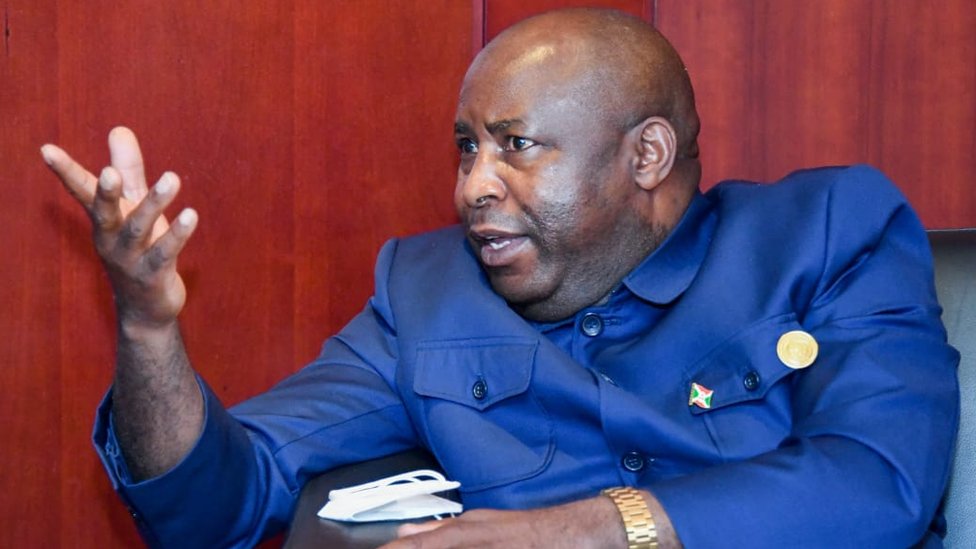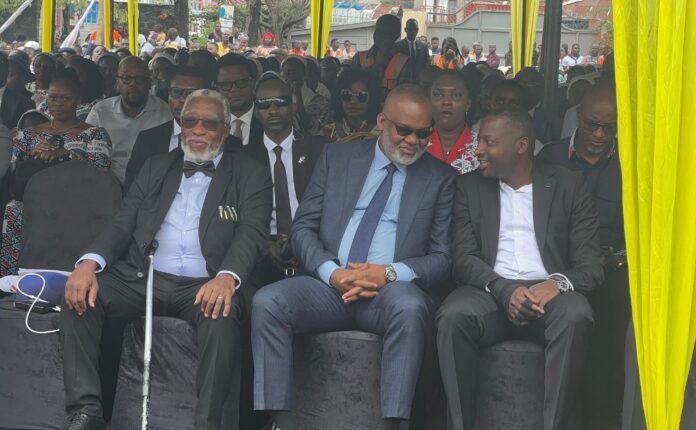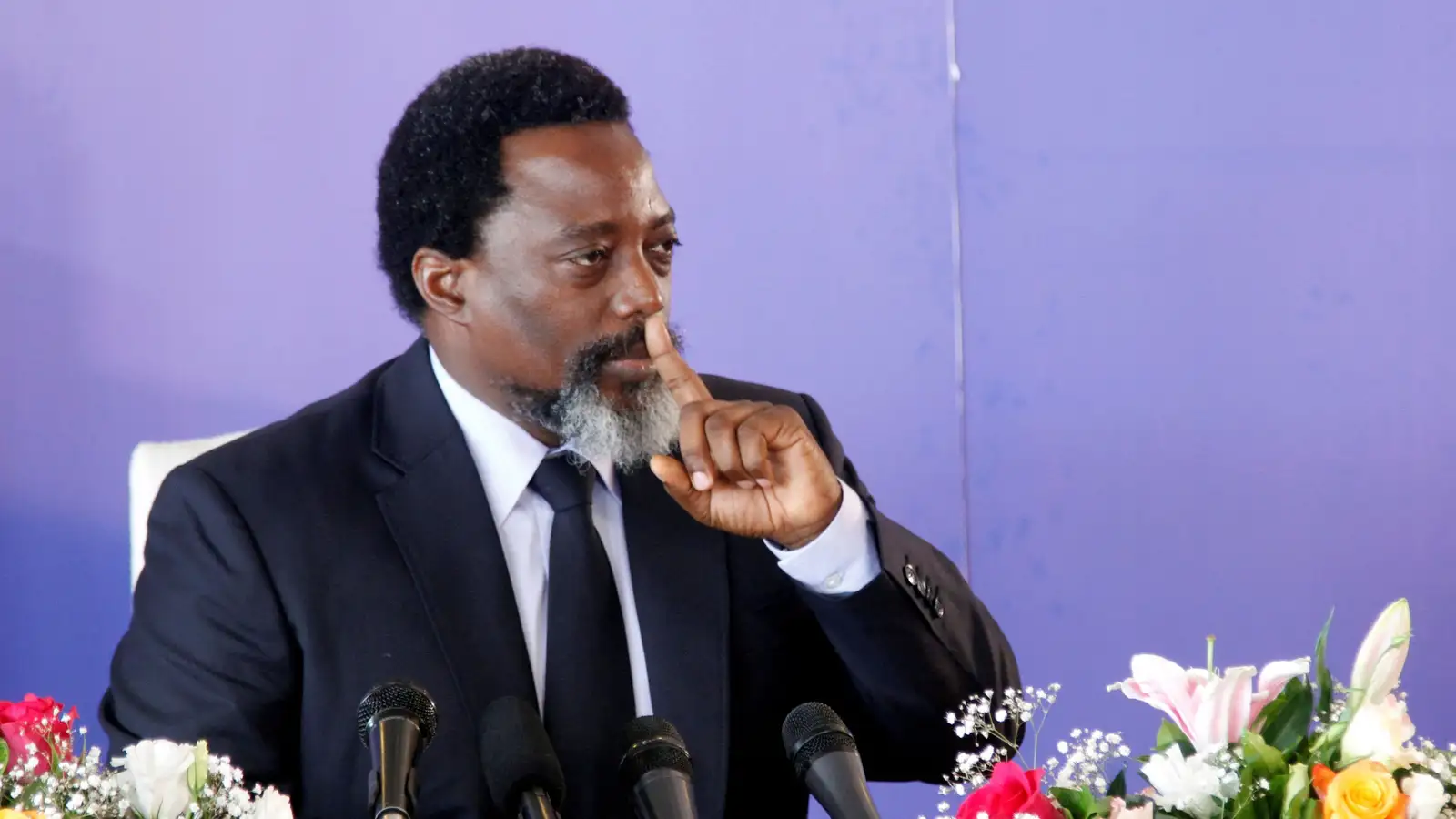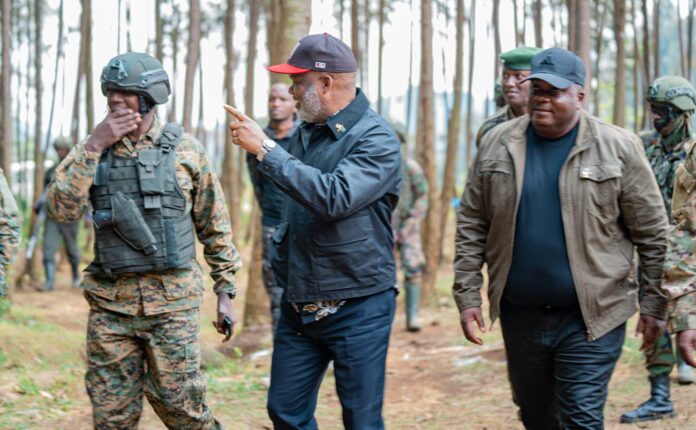A new dark chapter unfolds in the forgotten crisis of the South Kivu highlands. According to credible eyewitness reports and material evidence collected on the ground, the Burundian army known as the National Defense Force of Burundi (FDNB) launched an open assault on Banyamulenge civilians who were attempting to return to their ancestral villages in Rugezi.
Note: Company, Blog, Church websites are free.
Until now, Burundian military operations in the region were mostly covert, with soldiers disguising themselves as local militias such as the Maï-Maï or even FARDC (the Congolese Armed Forces), as part of coordinated operations targeting the Banyamulenge. This time, however, Burundian troops came in full uniform, clearly identifiable, and with unrestrained violence.
The April 12 attack resulted in several casualties, including 12 Burundian soldiers killed in the fighting. Satellite phones, military walkie-talkies, and firearms marked with identifiable Burundian military insignia were found at the scene, leaving no doubt that this was a premeditated military operation orchestrated by a foreign state on Congolese soil.
The Banyamulenge, a Congolese Tutsi minority, have for years been targeted in the South Kivu highlands. Their villages have been destroyed, their livestock looted, and thousands now live in precarious conditions displaced within Congo or living as internal exiles. Those who attempt to return home, as in Rugezi, are met with systematic violence, often overlooked by the international community.
In a recent speech, the Burundian President denied that the crisis was ethnic in nature, claiming the Banyamulenge are not Tutsis but simply ordinary Congolese people with no special status. While this statement may seem benign on the surface, many observers view it as a deliberate attempt to deflect attention from ethnic targeting and downplay the risk of the violence being labeled as genocidal.
But for survivors, local NGOs, and some diplomats, this rhetorical move only hides a horrifying truth: the repeated attacks against the Banyamulenge are indeed aimed at a specific community, motivated by deep-rooted ethnic and geopolitical tensions.
Despite the severity of the situation, the response from Kinshasa has been muted. The Congolese government appears reluctant to openly condemn the aggression of a neighboring state, opting instead to preserve diplomatic relations at the expense of its own citizens’ safety. Meanwhile, the international community remains disturbingly silent.
Human rights organizations are calling for an urgent and independent investigation into the Rugezi attack, urging the United Nations and African Union to take concrete action to protect the Banyamulenge victims of a long-standing cycle of violence that threatens their very existence.
The Rugezi assault marks a dangerous escalation in a silent war waged often by proxy by Burundi against the Banyamulenge. As this community tries merely to rebuild their lives, they face calculated state violence, dangerous diplomatic denial, and cruel global indifference. If nothing is done, what is now unfolding in the hills of South Kivu may one day be recognized not as a simple communal conflict but as a slow-burning genocide.



